My history with Mass Effect is fairly chequered, and although it had its bright spots, it took a fair bit of discipline on my part to force my way through it. I put together a post about it a couple of weeks back when I finally did it in preparation for the sequel.
Mass Effect 2, on the other hand, I had no such issues with. It’s a massive improvement in pretty much every area and a must-play.
Visually, it advances the series in both performance and overall quality. A few minor glitches aside, it runs relatively smoothly and still manages to throw around some impressive character models, all animated to an extremely high standard. Maybe it’s the West Wing influence now that Martin Sheen’s on board, but gone are the endless conversations between two characters who are rooted the spot, in favour of digital people who move around and emote, even walking from place to place during their chats. They act, in other words, and BioWare seems to realise that there’s more to this than good facial animation.
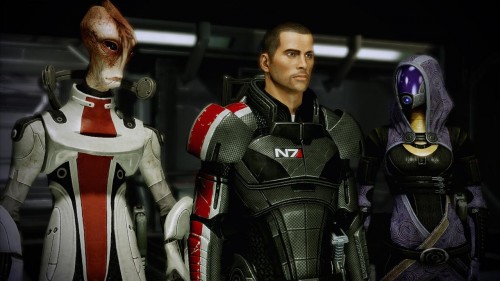
Throw in an abundance of new background detail, from the often-amusing adverts and wandering civilians on the Citadel – be sure to check out the Salarian game seller, extolling the virtues of that new human game, Solitaire – to the vagrants on the Blade Runner-esque Omega, as well as wonderfully aggressive use of ambient sound that demands to be experienced in 5.1, and what was a vibrant world hamstrung by technical issues is able to fulfil its potential. The worlds look designed rather than generated now, and all look distinct – the planet with the supernova sun that forces you to fight in the shadows was a personal highlight.
It’s a lesson in streamlining when it comes to the gameplay, and although I’m sure that some, particularly in the PC community, will bemoan the ‘dumbing down’, it keeps stuff like inventory management and juggling upgrades – unwieldy in the first game, to say the least – from getting in the way. In fact, it’s almost been turned into a straightforward squad-based shooter, but it doesn’t bother me, because the important aspects like dialogue trees and exploration are largely untouched. The combat and micromanagement were obstacles and now they’re not, which makes it a net improvement. That’s not to say that I buy the kludgy explanation for why ammunition technology has regressed in the universe, though.
Ultimately, what best illustrates my feelings on Mass Effect 2 is that while I found my interest – or, rather, my patience – with the first game running out by the end of the 18 hours that it took me, I loved every minute of the 26 hours that I spent with Mass Effect 2, and will gladly pop back in for more when some substantial DLC arrives. It’s probably one of my favourite games of the generation so far and has set the bar incredibly high for any game that wants to be the best of 2010.

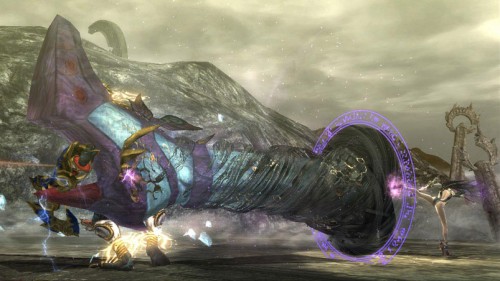
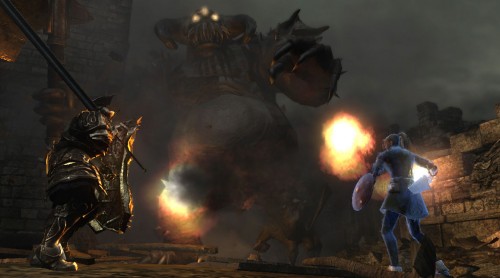
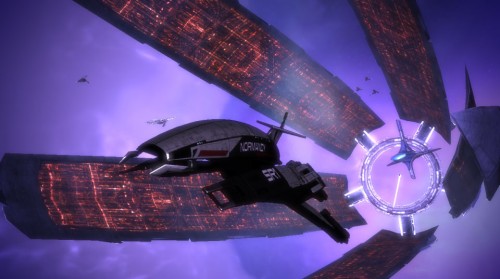
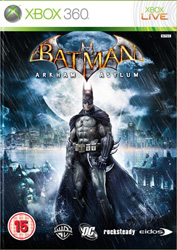 One thing I can say with absolute certainty is that Batman: Arkham Asylum was the surprise of 2009. I had absolutely no expectations until
One thing I can say with absolute certainty is that Batman: Arkham Asylum was the surprise of 2009. I had absolutely no expectations until 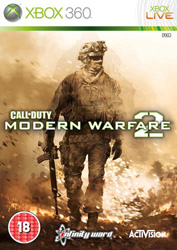 Brash? Oh yes. Subtle? Absolutely not. Like Michael Bay made a video game? Are you telling me he didn’t?
Brash? Oh yes. Subtle? Absolutely not. Like Michael Bay made a video game? Are you telling me he didn’t?